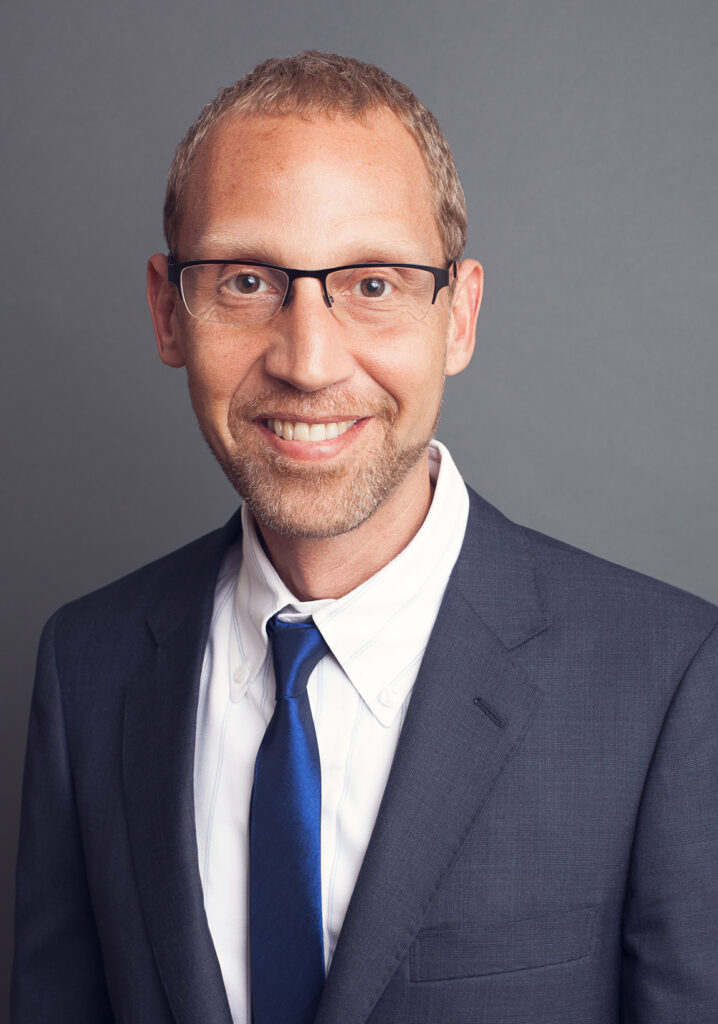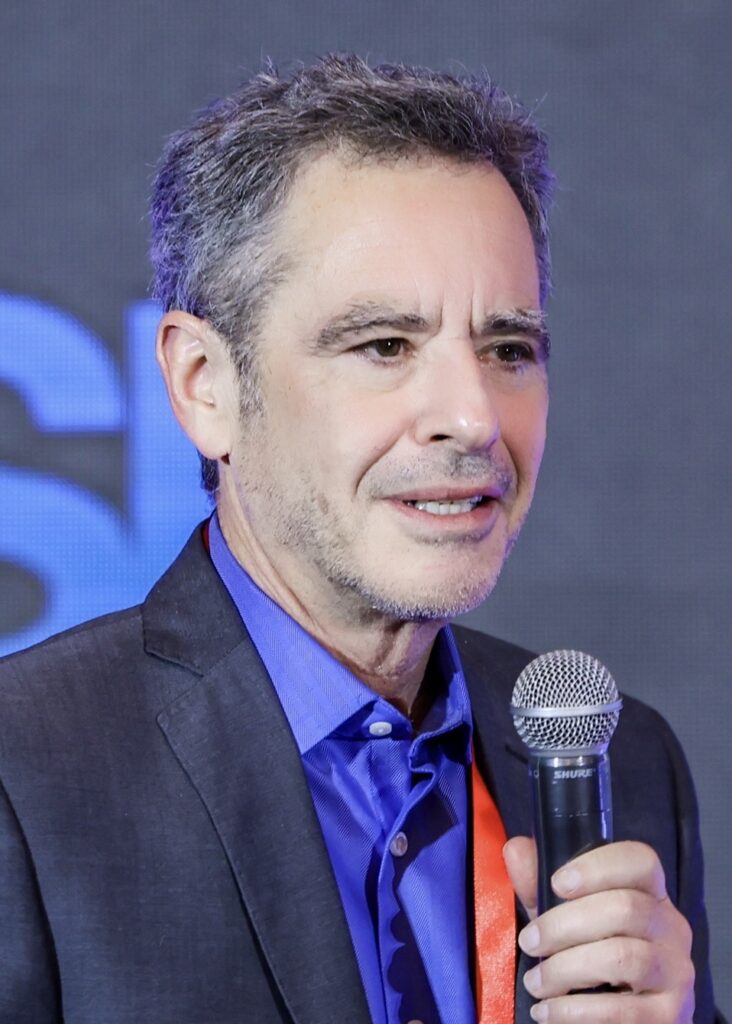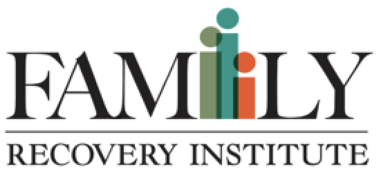This list will be updated as we receive donations.

- This event has passed.
The Dynamics of Personality Development: Freud, Klein, and Bion Unplugged
– Presented by Jennifer Kunst, PhD [SEMINAR]

**This event will be via zoom only**
NARRATIVE:
In this workshop, Dr. Jennifer Kunst will provide an in-depth exploration of key concepts of psychoanalysis from the vantage point of the dynamic process of personality development. She will draw from the ideas of Sigmund Freud, Melanie Klein, and Wilfred Bion, applying their ideas to the challenges of modern life as well as clinical practice. Key concepts include various ways of conceptualizing the unconscious, the life and death instincts, psychic equilibrium and psychic change, the Oedipus complex, the interplay between dependence and independence, transference, and the interaction between internal and external worlds. She will utilize clinical case material, movie clips, poems, and stories to bring these concepts to life. Two live role plays will demonstrate how these concepts can be applied to actual clinical psychotherapy practice.
The use of a psychoanalytic approach has a longstanding tradition, beginning with Freud. His pioneering ideas were expanded by Melanie Klein and the rich clinical tradition that evolved from her clinical work with patients who are difficult to reach. This program overviews the historical roots of the Kleinian model as well as current creative thinking and application of her work to a wide variety of patient populations in psychotherapeutic practice.
2. SOURCE MATERIAL:
This program is derived from the following works:
Abram, J. and Hinsehelwood, R. D. (2018). The Clinical Paradigms of Melanie Klein and Donald Winnicott. New York: Routledge.
Alvarez, A. (2012). The Thinking Heart: Three Levels of Psychoanalytic Therapy with Disturbed Children. New York: Routledge.
Britton, R. (2003). Sex, Death and the Super-ego. London: Karnac.
Garvey, P. and Long, K. (2018). The Klein Tradition: Lines of Development, Evolution of Theory and Practice Over the Decades. New York: Routledge.
Joseph, B. (1989). Psychic Equilibrium and Psychic Change: The Papers of Betty Joseph. London: Routledge.
Kunst, J. (2014). Wisdom from the Couch: Knowing and Growing Yourself from the Inside Out. Las Vegas: Central Recovery Press.
Spillius, E. (editor) (1988). Melanie Klein Today: Developments in theory and practice. Volume 1: Mainly Theory AND Volume 2: Mainly Practice. London: Routledge.
Steiner, J. (1993). Psychic Retreats. London: Routledge.
3. LEARNING OBJECTIVES:
Upon completion of this workshop, participants should be able to:
1. Name three models of describing the unconscious;
2. Identify one purpose and one result of the death instinct;
3. List two factors that help a person choose psychic change over psychic equilibrium;
4. Differentiate Freud’s conceptualization of the Oedipus complex from Klein’s conceptualization of the Oedipus complex;
5. Identify two unconscious obstacles to developing healthy dependence;
6. Differentiate two ways of understanding the transference;
7. Name the unconscious mechanism that links the internal world to the external world.
4. COURSE OUTLINE – 6 hrs:
8:30 am
Registration
9:00 – 10:00 am
From Mechanistic to Alive: Evolving Models of the Unconscious
9:00 -10:20 am
Discussion, Q & A
10:20 -10:30 am
Break
10:30 – 11:30 am
Friends and Foes of Change: The Life and Death Instincts, Psychic
Equilibrium and Psychic Change
11:30 am to 12:00
Role play
12:00 to 1:00 pm
Lunch
1:00 to 2:00 pm
From Fear to Love: Revisioning the Oedipus Complex as the Interplay
Between Dependence and Independence
2:00 to 2:10 pm
Break
2:10 to 3:10 pm
Transference: Why Both the Internal and External Worlds Matter
3:10 to 3:30 pm
Role play
3:30 – 4:00 pm
Questions and Answers. Review and completion of the day.
5. CRITERION 1.1 to 1.3.
This program meets Criterion 1.1.
6. CONTENT CURRICULUM
1) Describe how your program content will build upon the foundation of a completed doctoral program in psychology.
Doctoral programs in psychology focus on short-term, evidence-based general psychotherapy approaches. This program will offer a psychoanalytic model that has been demonstrated to offer deeper and more lasting psychotherapeutic change.
2) Describe how your content is specifically relevant to psychological practice, education, or science.
The content of this program is focused on the psychoanalytic theory and technique of psychotherapy and its application to clinical cases in a wide variety of settings.
3) Describe your target audience and the instructional level of your content (introductory, intermediate, or advanced).
The target audience includes practicing mental health clinicians working in individual psychotherapy. It will be accessible to students, early career clinicians, and experienced clinicians with basic psychodynamic training.
4) Describe the accuracy, utility, and the empirical basis of the materials that you will present. What are the limitations of the content being taught and their most common risks?
There is extensive literature on the theory and clinical practice of psychoanalysis, including British object relations theory and practice. There is also a growing body of research on the positive long-term outcomes of psychodynamic and psychoanalytic models. The limitations of this approach include the additional training, time, and cost needed to implement the model in actual practice.
5) Describe how your content reflects the appreciation of a diverse populations and how you intend to acknowledge and respect of the richness of cultural, individual and role differences.
Psychoanalytic models do not often address diversity and differences. This workshop is an effort to widen this scope to demonstrate how the psychoanalytic model can be applied productively in a wide range of settings and to diverse clientele in a respectful, sensitive, and effective way.
Bio
Dr. Jennifer Kunst is a clinical psychologist and psychoanalyst in private practice in Pasadena, CA, where she works with adults, adolescents, couples, and families. She trained at the Psychoanalytic Center of California, where she is a Training and Supervising Analyst and teaches courses on Kleinian theory and technique. She is passionate about distilling the complexity of psychoanalysis into ideas that can be applied to everyday life. Her outreach projects include her Psychology Today blog, “A Headshrinker’s Guide to the Galaxy,” and her book, Wisdom from the Couch: Knowing and Growing Yourself from the Inside Out (Central Recovery Press, 2014).
COST:
CIP Members:
$100 early registration 10 business days prior to seminar; $120 after
Non-Members:
$130 early registration up to 10 business days prior to seminar, $150 after
CEs: 6 CEs for LMFTs, LCSWs, and Psychologists. Participants must attend the full live session and complete the evaluation at the end to receive a CE completion certificate.
Community Institute for Psychotherapy is approved by the American Psychological Association to sponsor continuing education for psychologists. Community Institute for Psychotherapy maintains responsibility for this program and its content.
Cancellation must be received in writing by email: Full refund if canceled 48 hours prior to the event; $25 cancellation fee if canceled with less than 48 hours notice.
Accommodations will be made wherever possible to those with disabilities. Please let us know of any disabilities upon registration, to ensure proper accommodations are put in place prior to workshop/training.
Grievance Procedure: CIP will respond to complaints in a reasonable, ethical and timely manner, when submitted by program attendees in writing to the Chair of CIP’s Professional Development Committee.
Anti-Discrimination Policy: CIP shall not discriminate against any individual or group with respect to any service, program or activity based on gender, race, creed, national origin, sexual orientation, religion, age or other prohibited basis. CIP does not require attendees to adhere to any particular religion or creed in order to participate in training. CIP will not promote or advocate for a single modality of treatment that is discriminatory or likely to harm clients based on current accepted standards or practice.
*There is no conflict of interest or commercial support related to this CE program.











